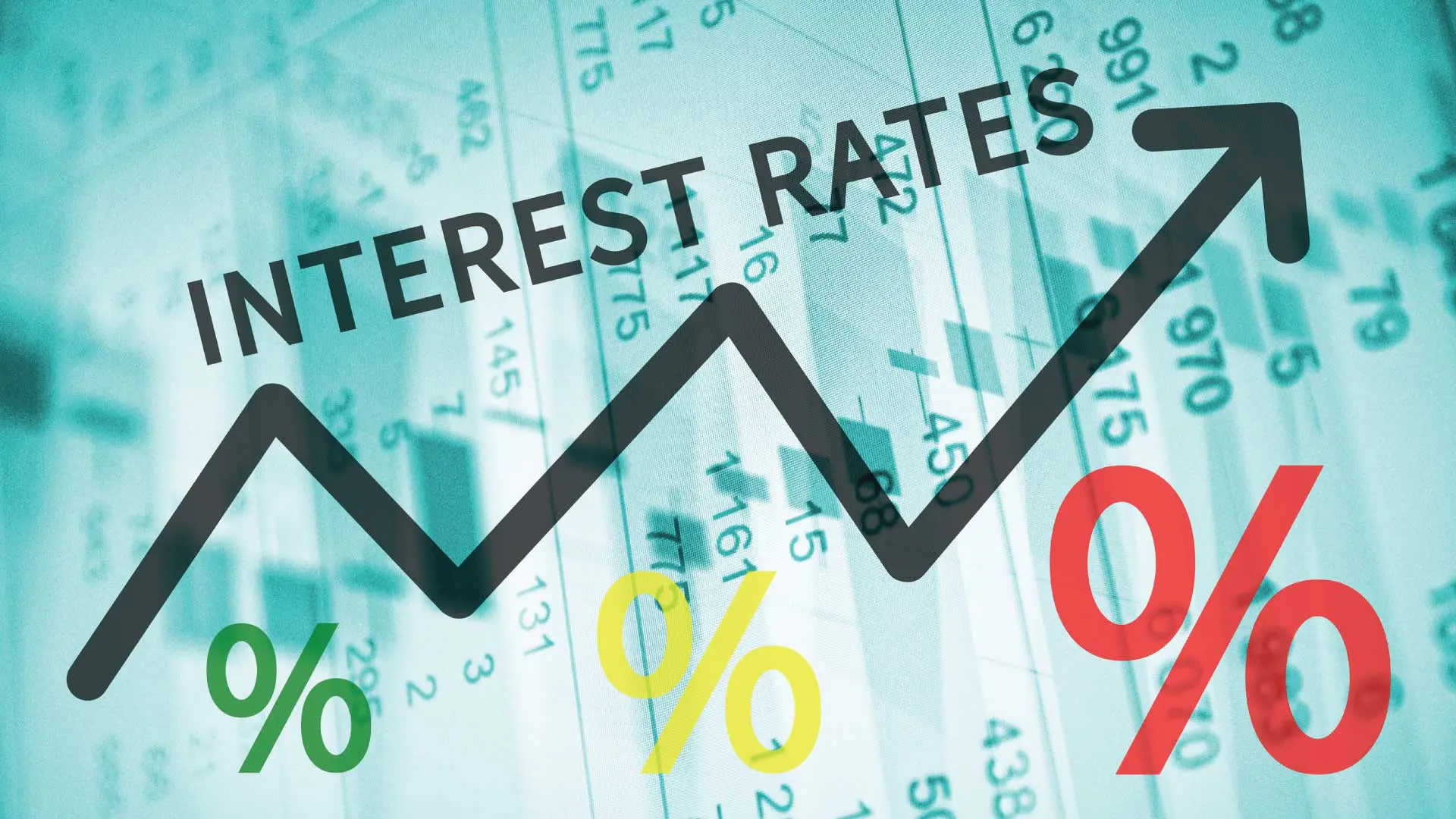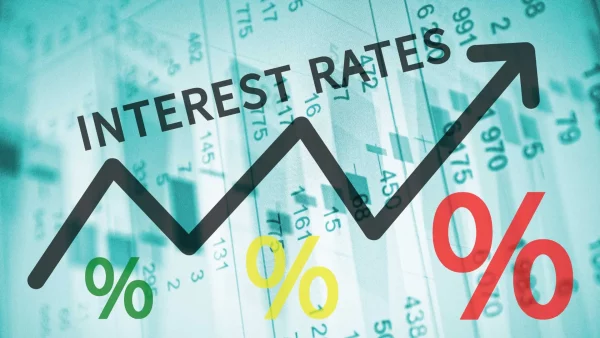Interest rates are important to any nation’s economic framework. It affects personal finances, business operations, and the overall economy. This is also true in Nigeria. However, not many understand how interest rates are determined. For many, interest rates are arbitrarily determined by individual banks. But nothing can be farther from the truth than that.
Read more about Finance
This post provides a guide to help you understand interest rates. It explains what they are, how they work, and how they are measured, with a focus on the role of the Monetary Policy Rate (MPR) set by the Central Bank of Nigeria (CBN). Understanding how interest rates are determined and how they function can empower you to make smarter financial decisions.
What Are Interest Rates?
Interest rates simply represent the cost of borrowing money or the reward for saving it. They are usually expressed as a percentage of the principal amount, which is the original sum of money either lent, invested, or saved.
For instance, if you take out a loan of ₦100,000 at an interest rate of 10% per annum, you’ll need to pay ₦10,000 in interest over one year.
How Are Interest Rates Determined?
In Nigeria, interest rates are determined by several factors and key players. The primary agency in determining the interest rate is the Central Bank of Nigeria (CBN) through its Monetary Policy Rate (MPR).
Monetary Policy Rate (MPR)
The principal factor that determines interest rates in Nigeria is the MPR, which is set by the CBN. The MPR is the benchmark interest rate that guides every other interest rate in the Nigerian economy, including those for loans and savings. The CBN reviews and adjusts the MPR periodically during its monthly Monetary Policy Meetings based on economic conditions.
Sign up for the Connect Nigeria daily newsletter
For example, if inflation is rising, the CBN might increase the MPR to make borrowing more expensive, thereby reducing spending and controlling inflation. To arrive at the MPR, the CBN considers some other important factors such as:
Inflation
The CBN considers inflation when setting the MPR. If inflation is high, the CBN might raise the MPR to cool down the economy and bring prices under control. For example, if the inflation rate is 15%, the CBN might set the MPR at 13% to curb excess spending and reduce inflationary pressure. During the last Monetary Policy Committee meeting in July 2024, the CBN raised the interest rate from 26.25 percent (June 2024) to 26.75 percent.
Economic Growth
The CBN also monitors economic growth indicators. During periods of slow growth or recession, the CBN may lower the MPR to stimulate borrowing and investment, aiming to boost economic activity.
How Interest Rates Work
Interest rates affect both borrowers and savers. For borrowers, higher interest rates mean higher borrowing costs. For savers, higher interest rates mean better returns on savings.
For Loans
When you take out a loan, either for personal reasons or business, the interest rate determines how much you will repay in addition to the principal amount. For example, if you borrow ₦1,000,000 at an interest rate of 15% per annum, you will repay ₦150,000 in interest over one year.
For Savings
If you deposit money in a savings account, fixed deposits, and other investment vehicles, the interest rate determines how much your savings will grow over time. For instance, if you deposit ₦500,000 in a savings account with an interest rate of 5% per annum, you will earn ₦25,000 in interest over one year.
Example
Assuming you go to the bank to take out a loan today, with the current MPR of 26.75, the bank may set the interest rate at 28%, factoring in the bank’s margin above the MPR. So, if the loan you took out is ₦10,000,000, you would pay ₦2,800,000 in interest over a year, assuming the interest is calculated annually.
Register to attend the CN Business Mixer
Concluding Thoughts
Interest rates determine how much you pay on loans and how much you earn on savings. Understanding how the MPR influences these rates can help you make more informed decisions. For instance, if you’re planning to take out a business loan, it’s beneficial to consider the current MPR and anticipate any changes that could affect your loan’s interest rate.
Featured Image Source: Daily Post NG
Got a suggestion? Contact us: [email protected]


